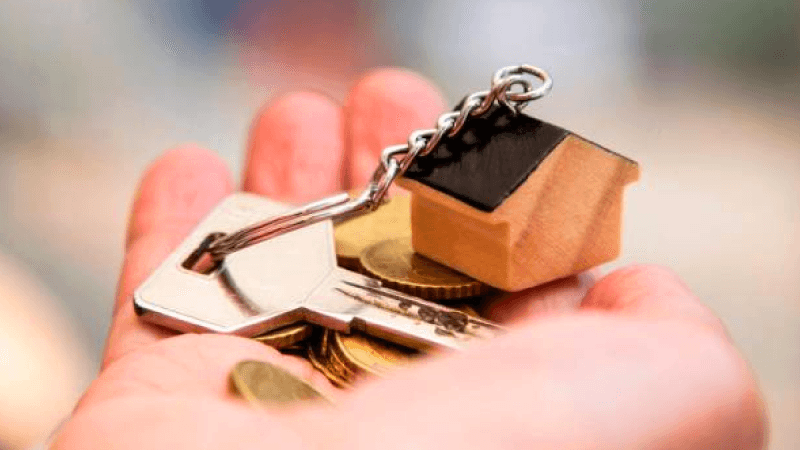The pros of buying a home include the ability to customize the space as you wish, enjoy additional security and privacy, and have a place to call home. Homeownership also offers financial stability since you won't have to pay a monthly rent, but rather an installment mortgage.
However, there are certain cons to consider when buying a home. First of all, the upfront costs are high, especially if you are looking for a premium home. There are also other associated costs such as property taxes and property maintenance. In addition, the long-lasting financial commitment can be intimidating for many people.
Advantages of buying a home
Advantage 1: Financial Stability
When buying a home, homeowners can enjoy greater financial stability. Once the mortgage loan has been paid in full, the homeowner will not have to worry about paying rent each month. This means significant savings in long-term income.
Advantage 2: Equity
Another advantage of buying a home is the equity. If the property is kept in good condition and aesthetic and structural improvements are made, then the value of the home will increase over time. This means that homeowners can realize a financial benefit when they sell their property.
Advantage 3: Long-Term Investments
Finally, buying a home is an excellent long-term investment for those who want to increase their net worth. As with equity, the value of the initial investment will always go up if the property is kept in good condition and solid improvements are made. In addition, homeowners can use the equity to invest in other projects or even to purchase another property.
Disadvantages of buying a house
One of the main disadvantages of buying a home is the high cost. Many times, upfront prices are just the beginning, and buyers must be prepared to pay monthly or annual fees and taxes. This can sometimes be difficult to sustain for most people on tight budgets.
Another disadvantage of buying a home is the liability that comes with it. If something goes wrong, such as if you need repairs or maintenance, the responsibility falls on the homeowner. These expenses are not always budgeted for, which means buyers must be prepared to deal with unforeseen events along the way.
Finally, buying a home means staying in the same place for a long time. For those who enjoy the freedom and flexibility to move wherever they want, this can be seen as a drawback. For those who want to change their location frequently, buying a house is not the best option.
Options for buying a home
There are many options for buying a home. You can buy new, used, foreclosure or even opt to rent. Each has its pros and cons to consider before making a decision.
Tips for buying a home
First tip: Before buying a home, make sure you are buying the right place. It should be a place that meets your current and future needs, as well as fits your budget. Be sure to consider factors such as safety, public transportation, proximity to amenities (such as schools and hospitals) and proximity to your favorite places.
Second tip: Do your homework before you buy. Research current real estate market prices to get an idea of what a home in your area is worth. Better yet, seek out opinions from real estate experts to get a better understanding of what you're looking for.











